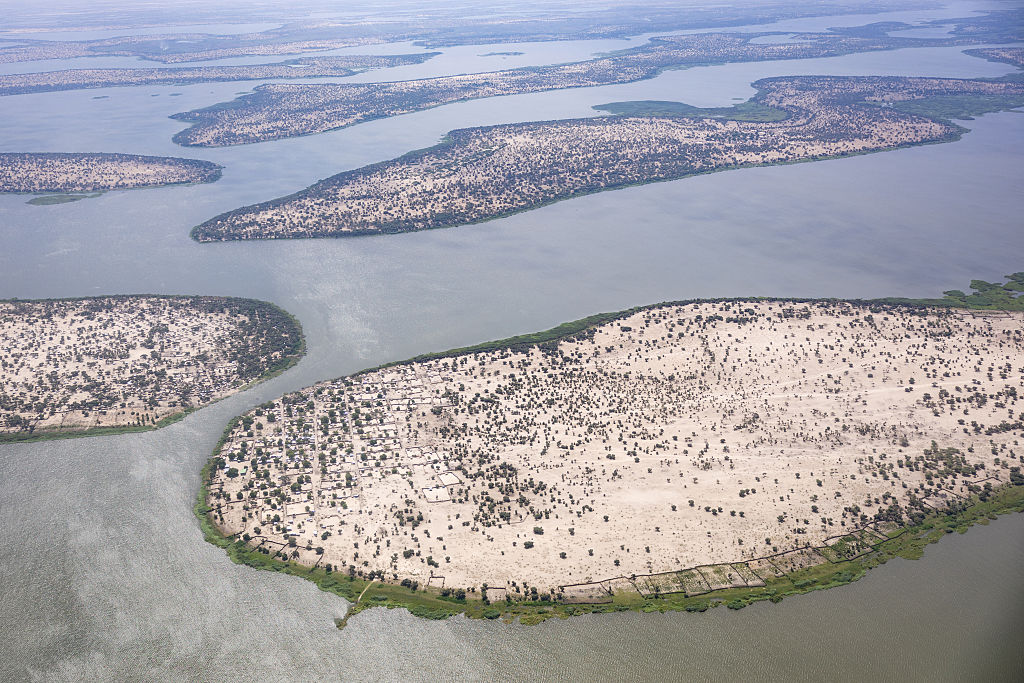Civilians in the Lake Chad basin are reporting more attacks by terrorists who loot their property and sometimes kidnap their female family members. The attacks have the hallmarks of a resurgence by the terrorist group Jama’atu Ahlis-Sunna Lidda’Awati Wal-Jihad (JAS), but they also have an added dimension — raids on military outposts in the region.
JAS began in 2002 under its founder Mohammed Yusuf. After Yusuf’s death, JAS formed the core of the terrorism group identified as Boko Haram. In 2016, opponents of then-leader Abubakar Shekau split off to form Islamic State West Africa Province (ISWAP).
The two groups have spent several years fighting between them for control of territory in the Lake Chad Basin — a fight that JAS appears to have won.
Since June, JAS fighters have stolen weapons during attacks on military bases in northeastern Nigeria and the Far North Region of Cameroon. They have also killed Soldiers with the Multinational Joint Task Force targeting terrorist groups at the junction of Cameroon, Chad, Niger and Nigeria.
Along with attacks on military bases, the region has seen a spike in kidnappings, killings and robberies across communities in Nigeria’s Borno State and Cameroon’s Far North, according to research by the Institute for Security Studies.
In May, JAS members killed 100 civilians they accused of spying for ISWAP in Borno State’s Mallam Karamti and Kwatandashi communities. In September, JAS fighters killed more than 60 people they accused of cooperating with the military in Borno State’s Dar Jamal community.
According to experts, JAS has taken control of islands in Lake Chad that previously had been under ISWAP’s control. ISWAP appears to have largely retreated inland, taking over areas such as the Sambisa Forest.
The absence of a rival has given JAS free rein in a region where military bases are frequently understaffed and poorly equipped. For civilians living in areas that have switched from being controlled by ISWAP to JAS, that means a return to robberies and looting by JAS, a practice known as fey’u. Commanders keep most of the looted resources for themselves, transferring a small portion up the chain of leadership.
“With JAS now confidently in control of much of Lake Chad and the Mandara mountains, it will likely intensify its predation, including in Cameroon, Niger and Chad,” analysts with the International Crisis Group wrote. “Its comeback could entice some of the thousands of JAS fighters who have surrendered to take up arms again.”
JAS has established a foothold beyond Lake Chad in the Niger State community of Shiroro west of the national capital, Abuja. In Shiroro, JAS has blended its extremist ideology with local Fulani banditry.
“By tolerating the bandits’ non-adherence to its strict religious code, JAS benefits from their weapons, fighters and knowledge of the local terrain, enabling the group to gain a strategic foothold in Central Nigeria,” analyst Taiwo Adebayo wrote for the Institute.
JAS has also won a pledge of allegiance from the northwestern Nigerian terrorist group Lakurawa, which is known for banditry and cattle rustling.
In the Lake Chad Basin, experts say programs that encourage people to defect from both JAS and ISWAP have had limited success. Reintegrating those former fighters into the communities they previously victimized can provoke a backlash in those communities.
“Across Lake Chad Basin countries, defection programs vary significantly, which impacts their long-term effectiveness,” Adebayo and Abi Watson wrote for the Global Public Policy Institute.
Many JAS fighters surrendered to government authorities when their former leader, Abubakar Shekau, died while fighting ISWAP in 2021. JAS encourages ex-fighters to take up arms again and return, raising the prospect that the group’s resurgence will draw former members back.
“To make defection programming more effective, it is key to consider community perspectives from the outset and integrate those into current programming, including identifying prospects for peaceful coexistence and potential reconciliation,” Adebayo and Watson wrote.

